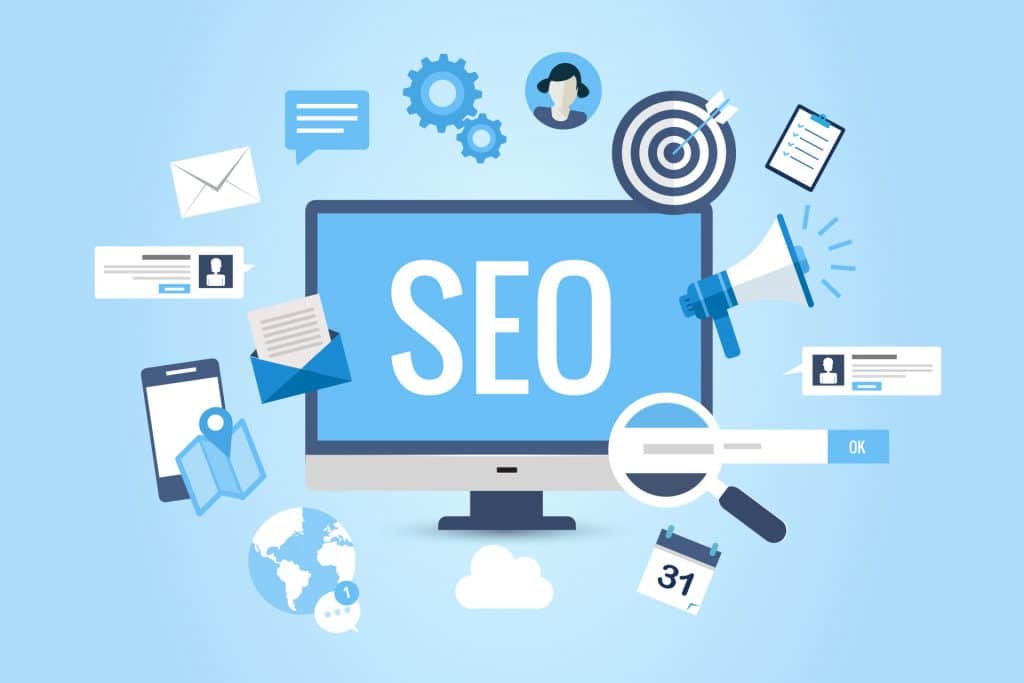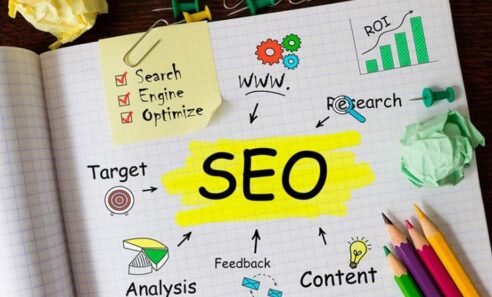On-page SEO is a crucial component of search engine optimization (SEO) and plays a significant role in a website's ranking and visibility in search results. It refers to optimizing the content and technical elements of a website to make it easier for search engines to understand and index.
What is on-page SEO?
On-page SEO refers to optimizing the content and elements of a web page to improve its ranking in search engine results. It involves optimizing factors that can be controlled directly on the page, in contrast to off-page SEO, which refers to optimizing factors outside the page, such as backlinks and social interactions. On-page SEO is essential for increasing visibility and organic traffic to a website .
How on-page SEO happens
Keywords: Identifying and using keywords relevant to the page content is essential.
Title tag: The title tag is an important element for on-page SEO. It should be concise, relevant, and contain keywords.
Meta description: The meta description is a concise summary of the page's content and appears in search results.
Structure and formatting: A well-organized structure and consistent formatting of content improves both the user experience and indexing by search engines.
Image optimization: Image filenames, alt text (other text), and optimized image sizes are important factors for on-page SEO.
Page load speed: The loading time of a web page is an important factor for search engine rankings and user experience.
The importance of on-page SEO is highlighted by the following reasons:
Improve search rankings: On-page SEO is essential for achieving better rankings in organic search results. By optimizing for relevant keywords, structuring your pages correctly, creating attractive titles and descriptions, and using appropriate HTML tags, your site has a better chance of being indexed correctly and appearing in the first search results.
Increase organic traffic: Once your site is in the top positions of search results, there is a higher probability that users will access your site. On-page SEO optimization helps increase visibility and attract more organic visitors, which leads to increased traffic to the site.
Improved User Experience: On-page SEO is not just about optimizing for search engines, but also about creating a pleasant experience for users. Elements such as page load time, easy navigation, relevant and properly structured content, and the correct use of images and other multimedia elements contribute to creating a positive user experience.
Credibility and Authority: A website that is well-optimized through on-page SEO inspires trust in users and search engines. A clear structure and relevant content help users find the information they need, while search engines appreciate sites with well-structured and quality content. Therefore, on-page SEO helps build your website’s authority and credibility in front of the public and search engines.
Driving conversions and sales: When your website ranks well in organic searches and provides a pleasant user experience, this can lead to increased conversions and sales.




